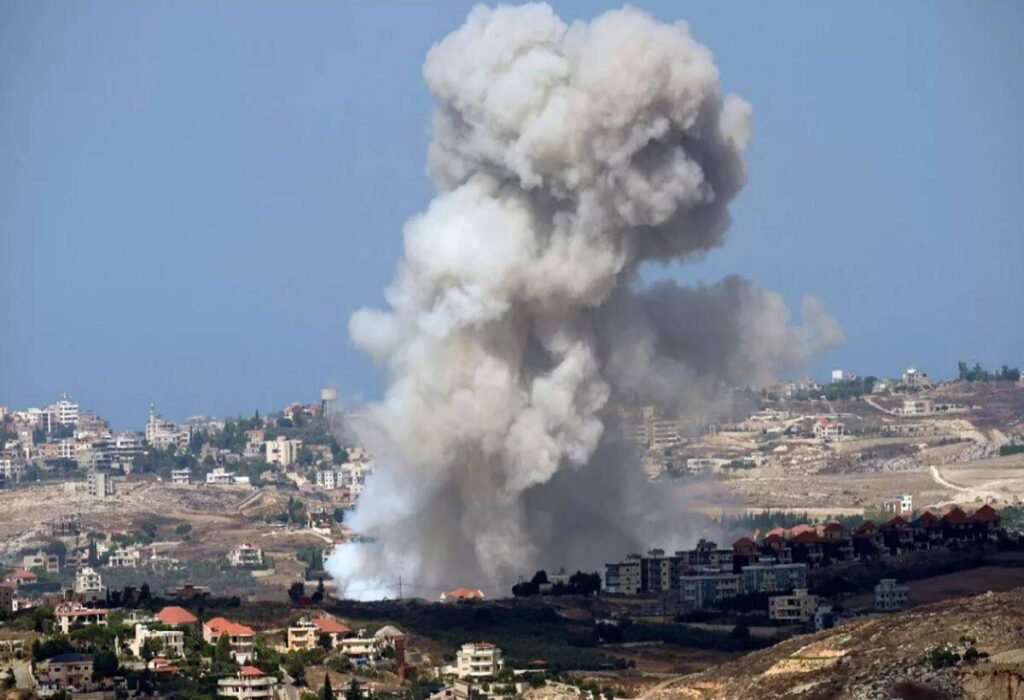Introduction
The ongoing conflict between Israel and the militant group Hezbollah has escalated dramatically in recent weeks, culminating in significant military actions on September 23, 2023. This conflict has deep historical roots, marked by alternating cycles of violence, political maneuvering, and social ramifications for the countries involved. The recent airstrikes carried out by the Israeli Air Force targeted 300 Hezbollah positions in Lebanon, resulting in a tragic loss of life and raising concerns about the potential for extended conflict in the region.
The September Escalation: Airstrikes and Casualties
On Monday, September 23, 2023, Israeli forces launched one of their most intensive air campaigns against Hezbollah to date, striking various targets across Lebanon. The airstrikes have resulted in:
| Impact | Reported Figures |
|---|---|
| Casualties (Killed) | At least 100 |
| Injured | Over 400 |
| Targets Struck | 300 Hezbollah Positions |
The Context of the Conflict
This air assault is part of an ongoing confrontation that has been intensifying over the past year. Hezbollah, a Shiite militant group with significant influence in Lebanon and supported by Iran, has been at odds with Israel since its founding in the early 1980s. The roots of their rivalry are deeply embedded in territorial disputes, ideological differences, and regional power dynamics.
International and Regional Reactions
The recent escalation has drawn reactions from various international parties. Many countries have expressed concerns over the potential for further instability in the Middle East. Arab nations, in particular, are watching the developments closely, given Hezbollah’s ties with Iran and its implications for regional geopolitics. The United Nations has also called for restraint and a renewed commitment to dialogue, emphasizing the need for a peaceful resolution.
Conclusion
The airstrikes on September 23 mark a significant development in the ongoing conflict between Israel and Hezbollah, highlighting the volatile nature of the region. With casualties reported and a high level of destruction inflicted upon Hezbollah’s infrastructure, the future remains uncertain. It is vital for the international community to engage in diplomatic efforts to deescalate the situation and promote a long-term resolution to a conflict that has led to enormous human suffering. As tensions continue to rise, the hope for peace remains overshadowed by the realities of military engagement.
This HTML content includes structured headings and a table to display information effectively, enhancing readability and SEO friendliness.
